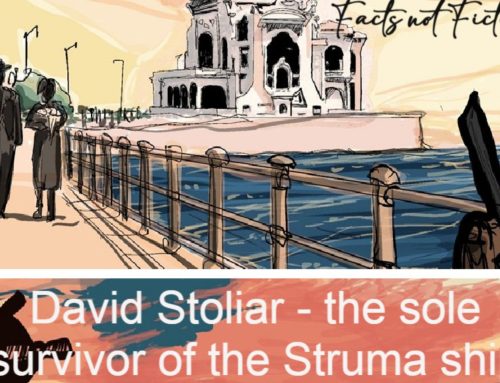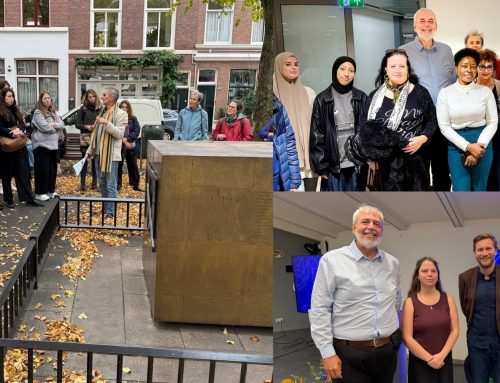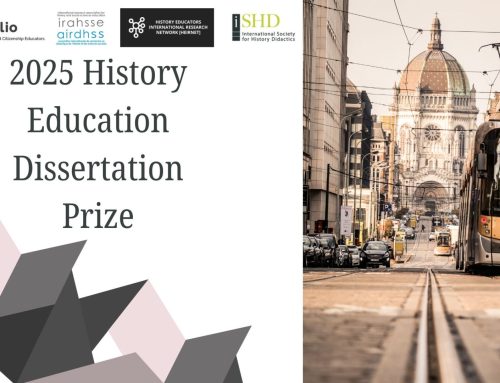EuroClio is very happy to announce the publication of the new research report “Teachers on Teaching; How Practitioners See the Current State and Future Developments in History Education Across the Western Balkans”. The report – produced in collaboration with CDRSEE and History Teachers Associations from the Western Balkan – is being launched today in Brussels, at the House of European History.
This new research report is written in the context of the EuroClio project ePACT – Education Partnership for Advocacy, Capacity-Building and Transformation – which aims to promote a more democratic education system in the Western Balkans through reform of the formal schooling system. The project and the report deal with trying to answer questions on how to navigate teaching history in a post-conflict space. As stated in the editorial introduction to the report: “There is a visible difficulty for the established public and political cultures to refrain from using historical interpretations and concepts as divisive tools, or worse – using history as a weapon”, and the project aims to discourage the use of history in a divisive way, instead looking to promote teaching history in a way that fosters critical thinking and active and responsible citizenship. With this aim in mind, the report takes the discussion directly to educators working in the field, assessing their views and suggestions on how to appropriately promote competence-based and learner-focused learning that facilitates inclusive and democratic history education in the region. It introduces questions such as:
- how do teachers approach curricular expectations that are dictated by state bodies?
- in what ways do they use the teaching materials prescribed by the educational authorities, and how would they like to change these materials?
- how do different elements of their societal context determine the ways they deal with difficult topics in their classroom?
- Has the history teaching paradigm shifted from lecture-dominant to learner-oriented and has pedagogy shifted from one narrative transmission to narrative analysis?
Furthermore, the report looks into the fundamental question of the result of international initiatives aimed at history education. Given the fact that in the Western Balkan region there have been many international interventions in the field of history teaching, what has been the effect?
This large-scale mixed-method study seeks to outline the answers to these questions, together with history teaching experts and practitioners from the region, and aims to give an insight into needs of history teachers.
You can read the report in full here. At the moment, it is only available in English, but will be translated to Albanian, Bosnian, Croatian, Macedonian, Montenegrin and Serbian.












